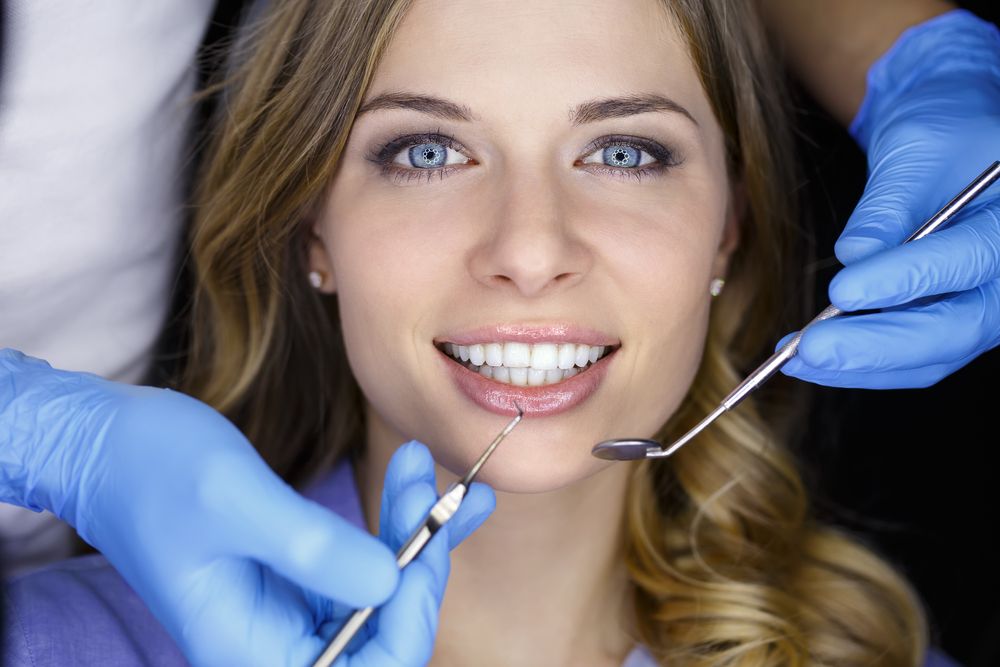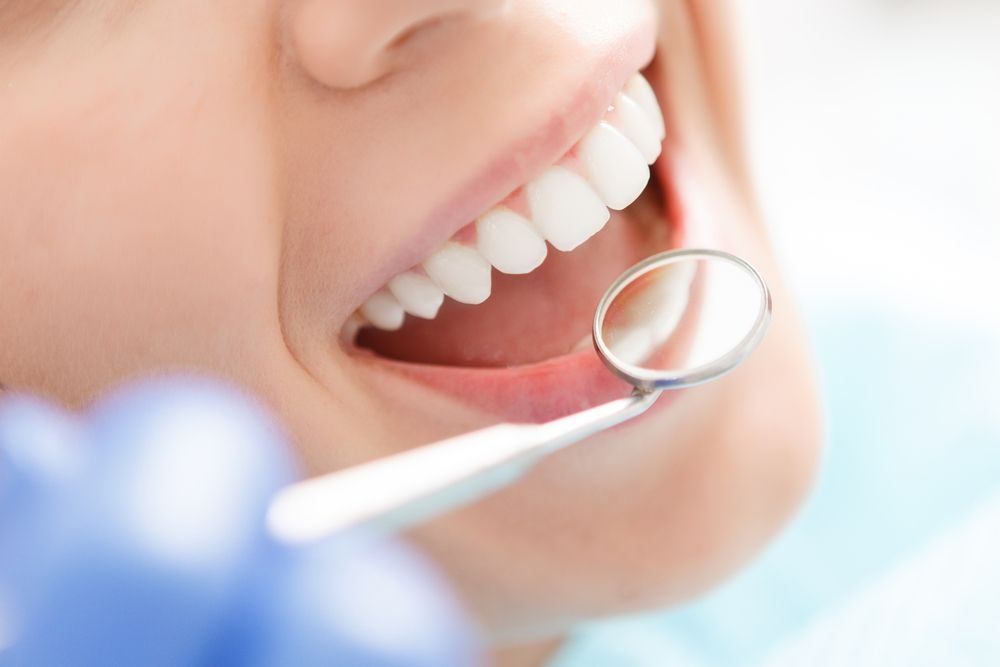Each of ouf teeth has its own extremely sensitive nerve fibre. If irritated, those nerves can become the source of very unpleasant pain sensations. Hardly anybody can live with toothaches – and you shouldn’t try it, either. Dental pain is almost always a sign that something is wrong with your teeth, gums or jaw bone – and that problem needs to be taken care of as soon as possible. So, a toothache is always a reason for a timely visit at the dental office. Many people get nervous thinking about dental appointments and all the possibly umcomfortable procedures they involve.
Some even suffer from outright fear. Whether you’re merely apprehensive or have full blown dentophobia – we take your feelings seriously, and we are able to help you. Our patients may choose from a number of available mix-and-match options to create a pain free, anxiety-free, low-stress treatment experience. We offer classic, fast-acting local anaesthetics, nitrous oxide sedation, elements of hypnotherapy, semi-conscious sedation and general anaesthesia.
You can get further Informations about the costs of a pain management in our download section(german only) or directly in our Practice in 1010 Vienna.

A handful of causes:
Caries, pulpitis, apical periodontitis, tooth fractures, exposed tooth roots
If you show up at our office with an acute toothache, we will first try to establish the cause of your pain. In many cases, all it takes is a quick glance at the likely culprit: a decayed tooth. A sensibility test examines how the tooth responds to temperature and mechanical stimuli. Do you feel the cold or hot stimulus? What about a slight knock on the crown of your tooth? Your answers give us a first idea about how the dental pulp in the tooth’ root canal is doing: Do we merely face a deep caries, or has the bacterial infection progressed into the dental pulp? In that latter case, dental professionals talk about a pulpitis. Is the pulp still vital? Or has the tooth already died? If the situation is less than unambiguous, we may need to perform sensibility tests on several teeth, or take an x-ray to assess the situation. Dental injuries and dental fractures often cause considerable pain, too. They can sometimes happen without a big fall, bump, crunch or other tooth accident, and fractures are not always evident at first glance. All but invisible hairline fissures that reach the pulp are potentially very painful, and dental fractures may even be the result of night time bruxism (teeth grinding) that patients might be entirely unaware of! When talking about periodontitis as a cause for toothache, we must specify that we are refering
to acute apical periodontitis, as “ordinary” periodontitis tipically does not cause any pain. The acute apical periodontitis is an inflammation caused by bacteria or bacterial toxins that are released from the root apex of a dead or diseased tooth. As soon as the root canals are disinfected and treated, apical inflammation and pain resolve themselves in most cases. As mentioned just before: Chronic periodontitis – an inflammatory disease that starts at the gingival line and causes a receding of the gums – is many things, but not painful. However, receding gums lead to exposed root surfaces, and for some patients, those roots may prove to be quite sensitive towards chemical and temperature irritants.
Painfree, fast
Having diagnosed the cause of your pain, effective pain management – usually with a local anaesthetic – is our frst priority. As soon as you are painfree, we wil start the necessary treatment. Sometimes, the time might be inopportune (i.e., it might be an emergency visit in the middle of the night), or we might find that your case warrants comprehensive treatment to achieve optimal medical, functional and aesthetic results. In those cases, we will complete a preliminary treatment, and you will have to return for another appointment to continue the therapy. In a case of advanced, irreversible pulpitis, for example, emergency measures include the removal of the dental nerve (pulpotomy), the placement of a local antibiotic and a temporary filling. At a more convenient time, you will then return for a bona fide root canal treatment.

Non-odontogenic toothache
It doesn’t happen often, but it may indeed happen that we cannot find the cause of your toothache in and around your teeth. We refer to those cases as non-odontogenic toothaches. Having excluded caries, pulpitis, tooth fractures and exposed tooth roots as possible causes, we have to look further and farther away. An inflammation of the sinus cavities (sinusitis) can actually affect the nerves of the upper jaw molars and thus cause dental pain. If you have sinusitis, MeinZahn oral surgeon Dr. Dr. Arhold will be able to help you.
Malocclusion and functional disorders of the jaw joints and masticatory muscles are another possible set of causes for dental pain. Nightly grinding or pressing of teeth (bruxism) can be detrimental for teeth. The same is true for malocclusion: cases, when the heights of the teeth in each dental arch are not well aligned so some teeth have to carry all the masticatory pressure from the opposing arch. Malocclusion can also cause unphysiological strain on chewing muscles and jaw joints. In some cases, these problems, too, may manifest themselves as tooth aches. A dentist, possibly in collaboration with an orthodontic specialist, will be able to help you. Nerve irritations (neuralgias) and nerve injuries in the jaw and facial area (caused by accidents, or by past dental or surgical interventions) must be considered as further possible causes for unexplained toothache. Finally, we want to mention the so-called Buddenbrook toothache, named after Thomas Buddenbrook, one of the protagonists of Thomas Mann’s famous novel: This dental pain does in fact not originate in the mouth or even facial area, but radiates up from the chest – it is caused by a heart attack or other myocardial event.
Go see the dentist, asap!
But please be assured that the most common causes for toothache by far are deep caries and pulpitis. And for those – and many other – dental troubles, the MeinZahn dental office is your place to go. The sooner you come see us, the sooner we can diagnose and treat your ailment, and the sooner you will be painfree and healthy again. Also: The earlier we catch the cause of your pain, the more options remain for effective, conservative therapeutic action. (And even in those rare cases when a toothache actually has nothing to do with the teeth, a visit to the dentist still brings you a lot closer to the right diagnosis.)
